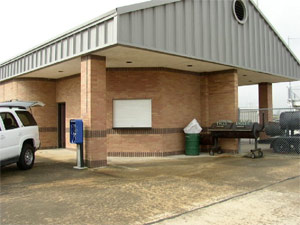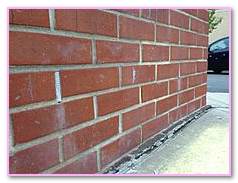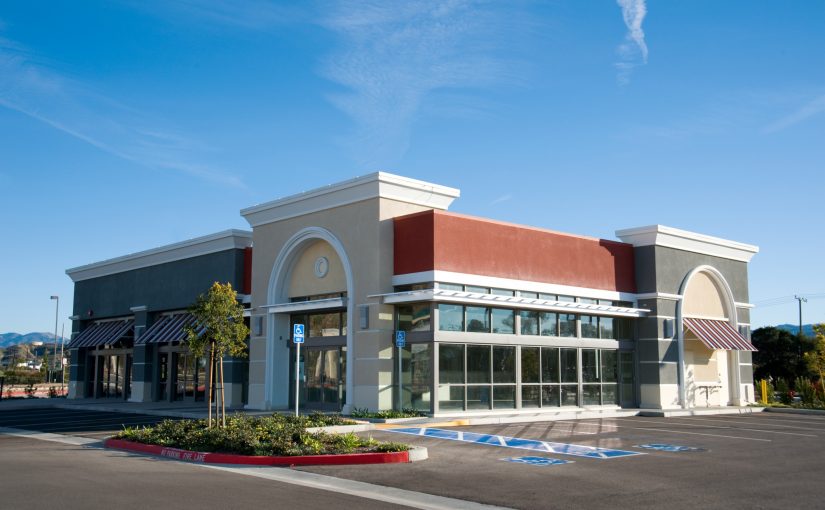Employment Practices Liability Insurance (EPLI) is a type of liability insurance that covers a business for wrongful acts that occur throughout the employment process. According to Trusted Choice, over the last 20 years employee lawsuits have risen roughly 400 percent. Wrongful termination suits have increased more than 260 percent during that same time period. Additionally, according to a study done by Advisen, only 23 percent of companies with fewer than 100 employees have a Employment Practices Liability Insurance Policy in place. This means 77 percent of companies in the United States who have fewer than 100 employees are exposed to the full liability of an employment related lawsuit. In many cases, a small business is forced to close when faced with an employment related lawsuit. Adding an EPLI Policy to a businesses Business Owner’s Policy (BOP) is the most wise decision to properly protect most businesses.

The most common way a business faces a lawsuit that causes a employment lawsuit is through wrongful termination, discrimination, sexual harassment, and retaliation. Far too many business owners think their employees will never sue them. This is a thought that sinks far too many business owners. Especially considering how an EPLI policy can be added to most Business Owners Policies (BOP) for a relatively small amount compared to the costs of an actual lawsuit.
An Employment Practices Liability Insurance Policy (EPLI) is written on a claims-made basis. This means the policy will cover the business depending upon when the lawsuit is filed, not based upon when the action within the lawsuit occurred. Some types of insurance policies are sold on an Occurrence basis, but not most EPLI Policies. No matter which type of policy you go with, it is important to make certain, the business owner and management know exactly what type of policy they are purchasing. It is equally important to know exactly what is and is not covered by these policies.
What is Covered by an EPLI Policy?
There are many things that are and are not covered by an EPLI Policy. Some common types of lawsuits that are covered by an EPLI Policy are wrongful termination, retaliation, sexual harassment, discrimination, breach of contract, negligent evaluation, failure to promote, wrongful discipline, deprivation of career opportunity, wrongful infliction of emotional distress, and even mismanagement of employee benefit plans. Not all policies will cover all of these lawsuits. Each carrier has their own specific exclusions. It is important to develop a working relationship with your insurance agent to fully understand what is and what is not covered by each particular policy. Working with an independent insurance agent is a great way to get unbiased advice from an insider. A captive agent will only be able to tell you the positive sides of the policy their carrier offers. An independent agent can offer you coverage from multiple carriers and give you inside knowledge about the positives and negatives of partnering with each carrier.
What is not Covered by an EPLI Policy?
An EPLI Policy covers many forms of employment risks and the costs associated with related lawsuits. Each carrier has their own specific exclusions related to all insurance policies. This is especially true when it comes to an Employment Practices Liability Insurance Policy. Some common exclusions include violations of the National Labor Relations Act, the Worker Adjustment and Retraining Notification Act, Occupational Safety and Health Act (OSHA), and the Employee Retirement Income Security Act (ERISA). Some carriers include exclusions for violations of the states individual workers compensation laws. In addition to breaking laws, most EPLI Policies do not cover punitive damages.
How can a Business Limit EPLI Lawsuits?
When a business decides to purchase an EPLI Policy, there are many elements of the business that a carrier takes into account when they determine what to charge the business for insurance premium. In an ideal world, a business will never face a lawsuit of any kind. Limiting the frequency and severity of all insurance claims is the best business practice. Hiring experienced human resource professionals, developing a thorough onboarding program for new hires, and implementing a well-documented safety program are all excellent ways to lower insurance claims of all types. These programs can also help limit employment related lawsuits.
In addition to limiting all types of insurance claims, there are several things a business can focus on that can limit the business facing an employment related lawsuit.
- Hire Selectively
- Thoroughly Educate Management and Staff
- Establish Clear Policy and Procedures
- Provide Clear and Concise Job Descriptions
- Provide ongoing Employee Reviews
- Document Everything
Hire Selectively
When it comes to hiring selectively, it is important to thoroughly screen all employees. There are a number of ways to do this. A business can hire experienced Human Resource Professionals Internally or outsource this duty. If the business has the funding, it may be best to outsource with the help of an internal human resource professional. No matter how your business decides to approach hiring, it is important to find and promote the right people.
Thoroughly Educate Management and Staff
If a business is concerned about limiting an employment lawsuit, focusing on training management and staff should be at the top of the priority list. Some of these topics may not be comfortable to discuss, but it is necessary to discuss these topics in order to prevent an employment lawsuit. Including diversity and sensitivity training as part of your ongoing training plan is worth considering.
Establish Clear Policies and Procedures
It is equally important to create clearly written policies and procedures for all divisions, departments, teams, and individual employees. Post these policies in a handbook you give to all new hires and some of the highlights should be posted in common areas where all employees have access to them. In addition, it is important to create a formal policy for how an employee can report concerns and a way for management to respond.
Provide Clear and Concise Job Descriptions
One thing that is common in many employment lawsuits is expectations that are in very different places from the perspective of the company compared to the expectations of the employee. If you can develop clear and concise job descriptions and expectations for all employees, it will go a long way towards preventing any and all lawsuits.
Provide Ongoing Employee Reviews
In an effort to open communication with all employees, employee reviews should be held regularly. These reviews should be held regularly in order to keep everyone on board with what is expected of them and what is expected of the company. In the past, these reviews would be done on a yearly basis. In today’s business environment, it is important to have these conversations more frequently. The conversations do not need to be weekly or even monthly, but they need to be more frequent than once a year. When managers meet with employees, it is important to ask open ended questions and to actively listen to the concerns of the players.
Document Everything
Each business will find a different way to prevent employment lawsuits. As a business develops the best plan to prevent employment lawsuits, it is important to document every step of the process. When a lawsuit does occur, this documentation may be the difference between a lawsuit being a slight hiccup and something that causes the business to close its doors permanently.









 Owner Training
Owner Training


















